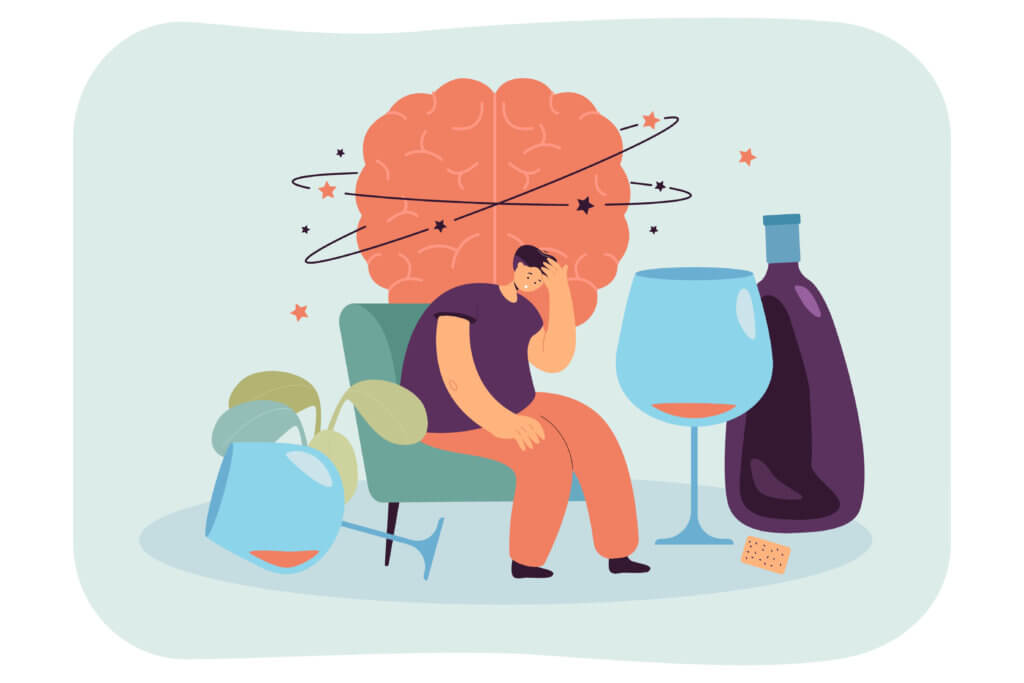One drink is too many, and a thousand’s not enough. -Alcoholics Anonymous
Recovering alcoholics know that it’s that first drink after a period of abstinence from alcohol that triggers an insatiable craving for more alcohol, a craving that will never be satisfied. Science supports Alcoholics Anonymous’ axiom. A new study from the University of Cologne and the University of Mannheim-Heidelberg in Germany finds that even a single dose of alcohol permanently alters the morphology of neurons (nerve cells).
The structure of the synapses, or connections between neurons, and the movements of mitochondria (energy sources within cells) are influenced by alcohol. Professor Henrike Scholz and her team members, Michèle Tegtmeier and Michael Berger, used fruit flies to show that changes in the activity of mitochondria reduce the rewarding effects of alcohol. This reaction suggests that a single ingestion of alcohol can lead to alcohol addiction.
Scholz and her team sought to identify the changes in the brain that occur with the transition from sporadic drinking to chronic alcohol abuse. ‘We set out to discover ethanol-dependent molecular changes,” she explains in a statement. “These, in turn, provide the basis for permanent cellular changes following a single acute ethanol intoxication.”
The researchers speculated that a single administration of ethanol (the type of alcohol usually in beverages) would form a positive association with alcohol. They examined the effects of a single alcohol administration at molecular, cellular, and behavioral levels.
Movement of mitochondria delivers their energy to cells. That movement, and the neuronal synapses, were disrupted by ethanol. These effects were evidenced by behavioral changes in both mice and fruit flies. They showed increased alcohol consumption and alcohol relapse later in life.
Cellular plasticity, which is the morphological remodeling of neurons, is essential to learning and memory, and forms the core of memories associated with the rewarding effects of some drugs, including alcohol. Ethanol-related memory formation may be associated with both the morphological changes in cells and mitochondrial migration. Researchers speculate that these are essential for the development of addictive behavior.
“It is remarkable that the cellular processes contributing to such complex reward behavior are conserved across species, suggesting a similar role in humans,” notes Scholz. “It could be a general cellular process essential for learning and memory.”
Both the cellular plasticity and mitochondrial migration may explain how a single ethanol exposure can increase alcohol consumption later in life. “The first alcohol ingestion at an early age is a significant risk factor for the later development of alcohol addiction,” explains Scholz. “This means that identifying lasting ethanol-dependent changes is an important step in understanding how acute drinking can turn into chronic alcohol abuse.”
The research is published in the journal Proceedings of the National Academy of Sciences.












